The possibility of extraterrestrial life makes space exploration endlessly fascinating. But one question has puzzled scientists for decades: If intelligent civilizations exist elsewhere in the vast universe, why haven’t they reached out to us? Despite countless space probes sent by humans, we’ve yet to receive any signals from alien species. Earth remains isolated in a cosmos that is eerily silent, as the Fermi Paradox famously asks, “But where is everybody?” In 2022, a team of NASA scientists proposed a new solution to this mystery—the 'Great Filter' theory.
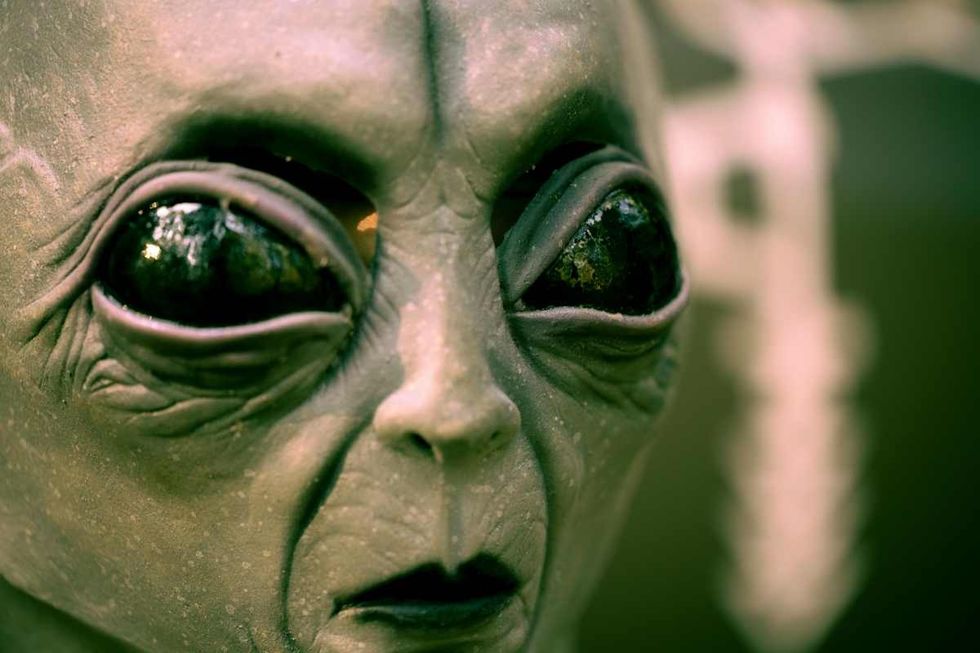
The Great Filter is a "phenomenon that wipes out civilizations before they can encounter each other, which may explain the cosmic silence." It means that aliens might have wiped their civilizations out before being evolved enough to contact other species or civilizations on planets such as Earth. The theory proposes that there is a “filter” that prevents aliens (if they exist) from contacting humans. Whenever any alien attempts to contact Earth, something in the universe prevents them from doing so. This unidentified force is the “filter.”
Researchers Jonathan H. Jiang, Philip E. Rosen, Kelly Lu, Kristen A. Fahy, and Piotr Obacz from NASA’s Jet Propulsion Laboratory (JPL), who co-authored the paper titled "Avoiding the 'Great Filter': Extraterrestrial Life and Humanity’s Future in the Universe" said that this theory is the "most unsettling solution to Fermi’s Paradox."

Fermi paradox, according to Space, derives its name from the Nobel Prize-winning physicist Enrico Fermi, who randomly produced this concept while having a lunchtime conversation over aliens with his colleagues in 1950. He said that intelligent aliens could have visited Earth at some point in history, or didn’t choose to visit humans, or space travel was infeasible for them. His ideas left scientists scratching their heads in puzzlement.
However, the Great Filter theory proposes a more logical idea. “The idea of being alone in a universe vaster than our creativity can touch is terrifying to fathom: a feeling of cosmic isolation,” the paper read. “And the postulation of a phenotypically unique organism having the intelligence to communicate, or at least leaving evidence of substance, is fascinating. If an octopus opening a jar or an elephant brushing some paint strokes is enough to catch the eye of billions, the discovery of sentience beyond our biosphere would send global shockwaves.”
At the same time, scientists aren’t sure whether humans have crossed the “great filter” or not. They also made a list of things that make up this great filter, saying that all the human threats could soon turn into the filter. Jiang’s team described these threats or anomalies as “dysfunction.” “Dysfunction may snowball quickly into the Great Filter,” the researchers wrote. However, Jiang asserted that the root of dysfunction is under the hold of humans. “The foundation for many of our possible filters finds its roots in immaturity,” the JPL team wrote. Attributing the cause of dysfunction to human immaturity, they quoted William Gibson’s famous saying, “The future is already here – it’s just not evenly distributed.”

The team emphasized that to make through this “great filter,” to crossover the boundaries of interstellar space, humans require collaboration, not competition. They listed that at present, humans are surrounded by a menagerie of threats which include large-scale nuclear warfare, naturally occurring and engineered pathogens, artificial intelligence (AI), asteroid impacts, and climate change. Although all of these things are some of the best defense systems humans can have, they also cast an apocalyptic shadow over the earthlings, probably separating them from aliens, by forming this metaphorical filter.
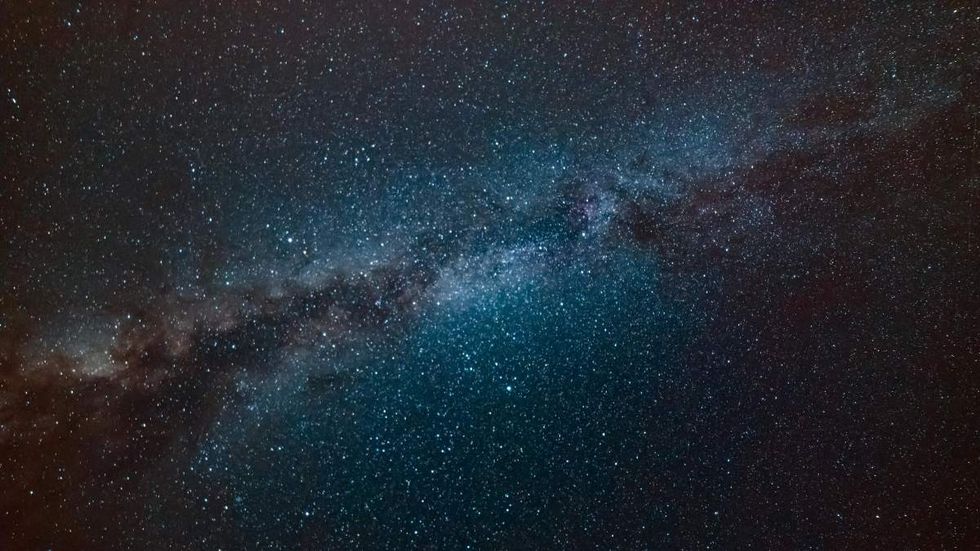
Writing about nuclear warfare, the researchers said that it is perhaps the “most obvious of Great Filters. With regards to pathogens, they wrote that microscopic pathogens with the potential for causing death on a planetary scale, have continually emerged throughout history (not to forget COVID). Asteroids too are seen as a filter we can overcome using technology. And when it comes to technology or AI, the team said that it is the “self-imposing great filter of our own invention.” Steps must be taken now if this great filter, aka humans’ demise, is to be avoided.
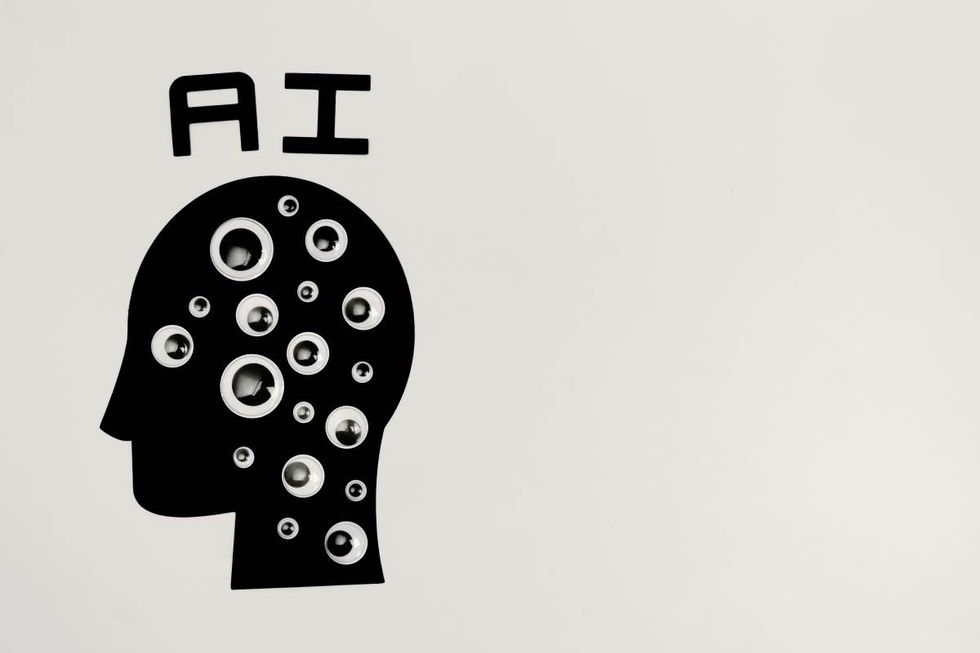
Explaining how humans could pave the way to interact or share their planet with extraterrestrial species, Jiang explained to Popular Mechanics, “The first step is to acknowledge the issue, which is what we have aimed to accomplish [in the paper], and then to discuss [how] to change.”
The first step, they wrote, is to step forward to becoming the Kardashev Type 1 civilization. Kardashev is a scale that measures the level of humans’ technological advancement based on the energy they can harness. Type 1 is a civilization that can harness the energy available on the planet from Earth’s host star, thereby, gaining the ability to control phenomena like earthquakes, volcanic eruptions, etc. If humans could make it happen, the boundary of the Solar System would perhaps be as easily traversed as the present-day shorelines of Earthly continents. "Attainment of Type I status would all but assure any Great Filter has been successfully overcome, unfolding an all but unlimited future for humanity," they wrote.
But there are other problems. Even if humans can cross this great filter, is alien life safe enough to be interacted with? They might be dangerous, or they might end up colonizing the Earth. Stephen Hawking said he was afraid of aliens. Whatever turns out to be the case, the Great Filter theory, at least, reveals some brilliant explanations about the possible filters that might be restricting humans from exploring outer space to their full potential.





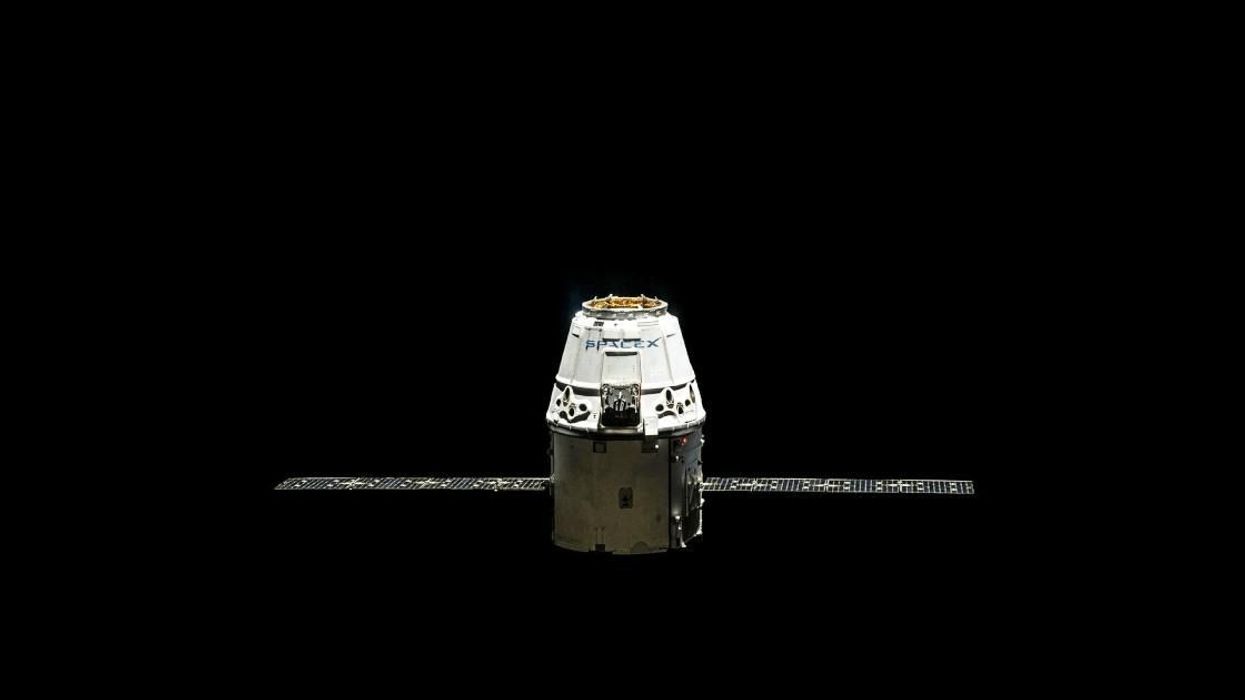












 Representative Image: Accents reveal heritage and history.
Representative Image: Accents reveal heritage and history.  Representative Image: Even unseen you can learn a lot from an accent.
Representative Image: Even unseen you can learn a lot from an accent. 

 Rice grain and white rice.Image via
Rice grain and white rice.Image via  Person eats rice.Image via
Person eats rice.Image via  Washing and rinsing rice.
Washing and rinsing rice.  Mother and daughter eating rice meal.Image via
Mother and daughter eating rice meal.Image via 

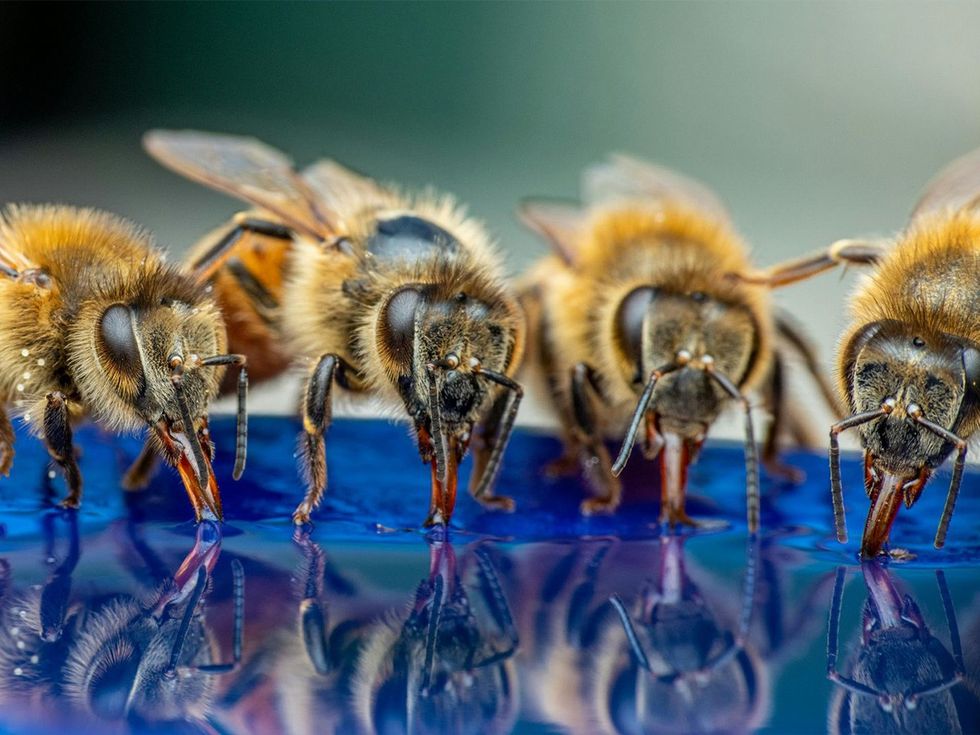 Bees feeding on food source.Image via
Bees feeding on food source.Image via 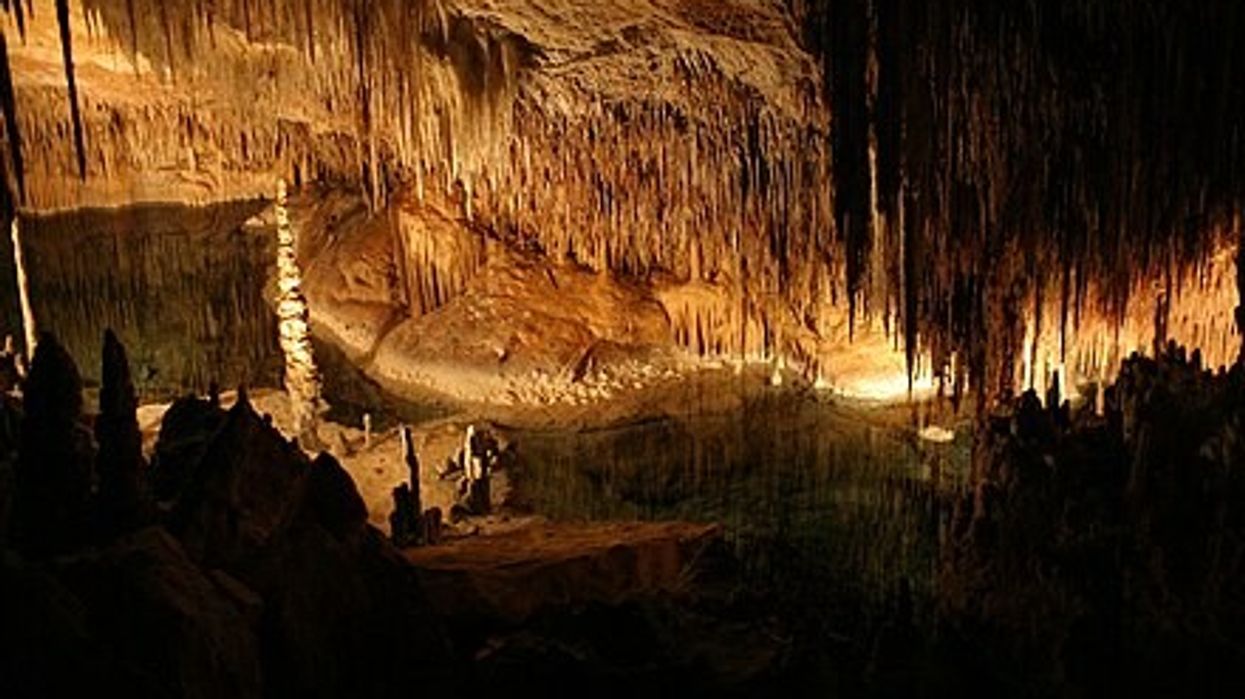
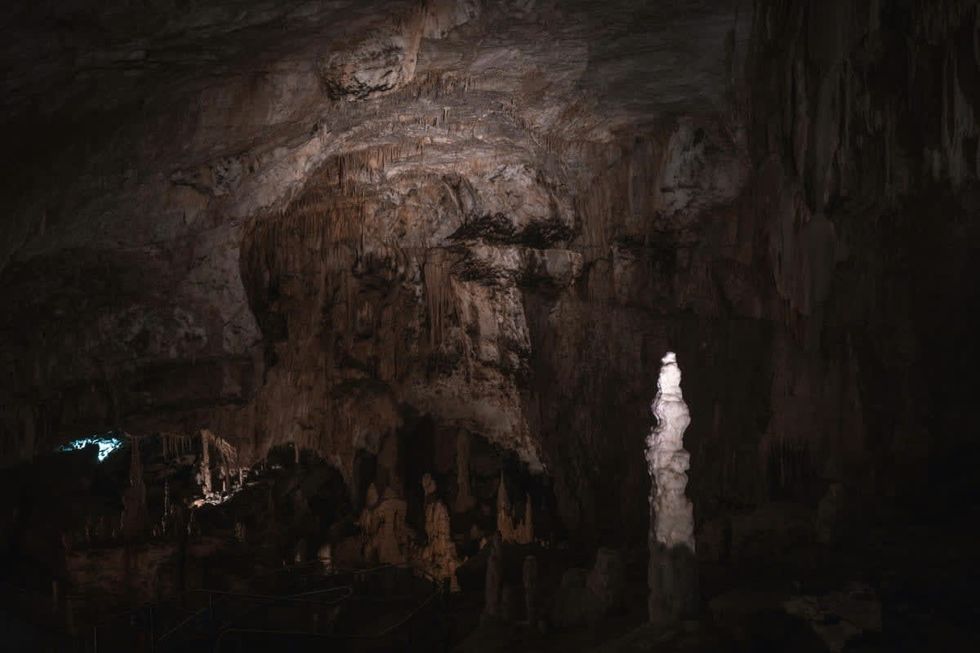 In the depths...Pexels | francesco ungaro
In the depths...Pexels | francesco ungaro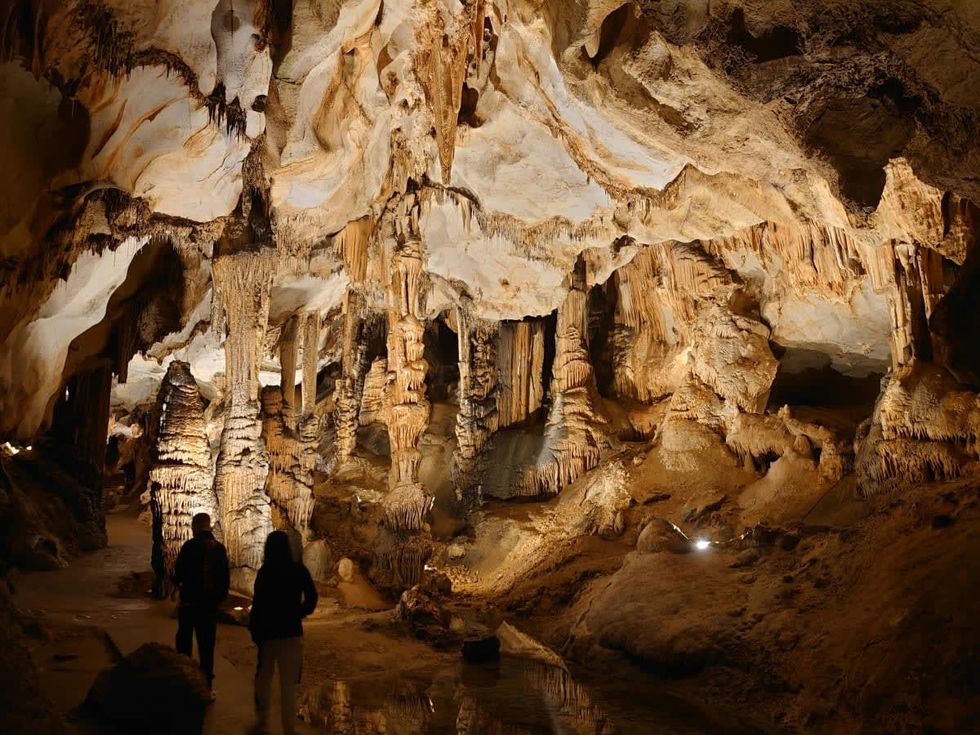 Hope the lights stay on. Pexels | parfait fongang
Hope the lights stay on. Pexels | parfait fongang "That was beyond crazy..." YouTube |
"That was beyond crazy..." YouTube |  "This is the stuff of my nightmares..."YouTube |
"This is the stuff of my nightmares..."YouTube |  "Totally blown away..." YouTube |
"Totally blown away..." YouTube | 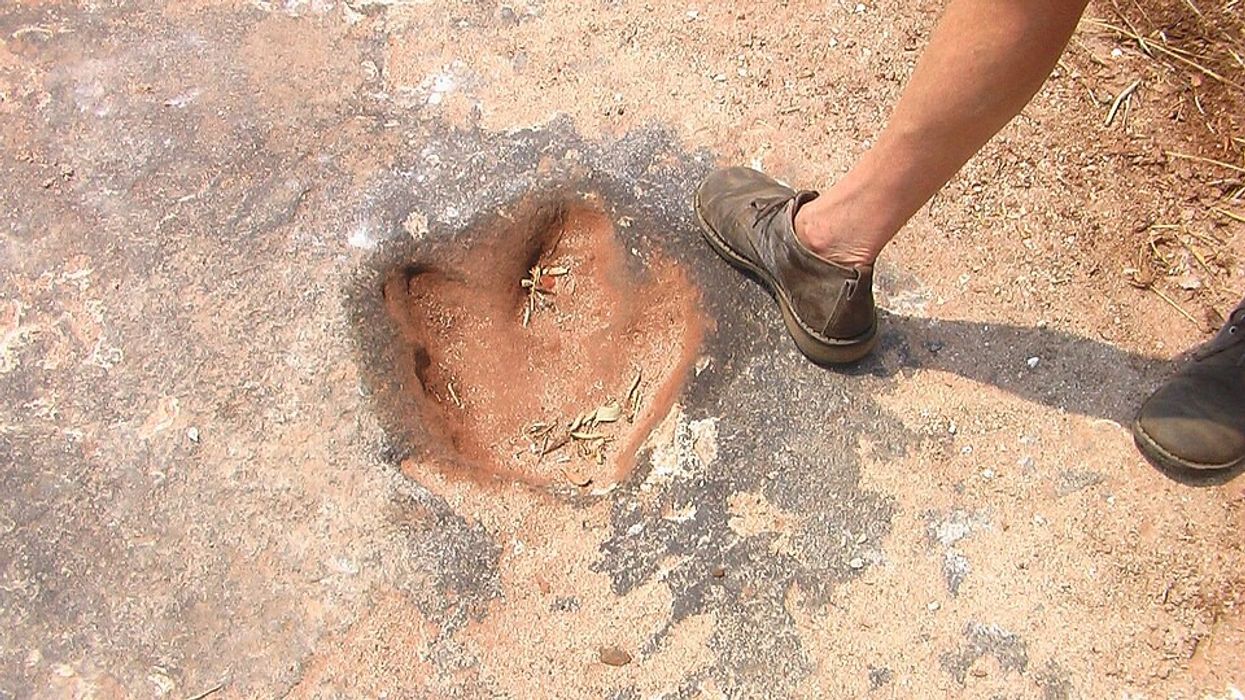
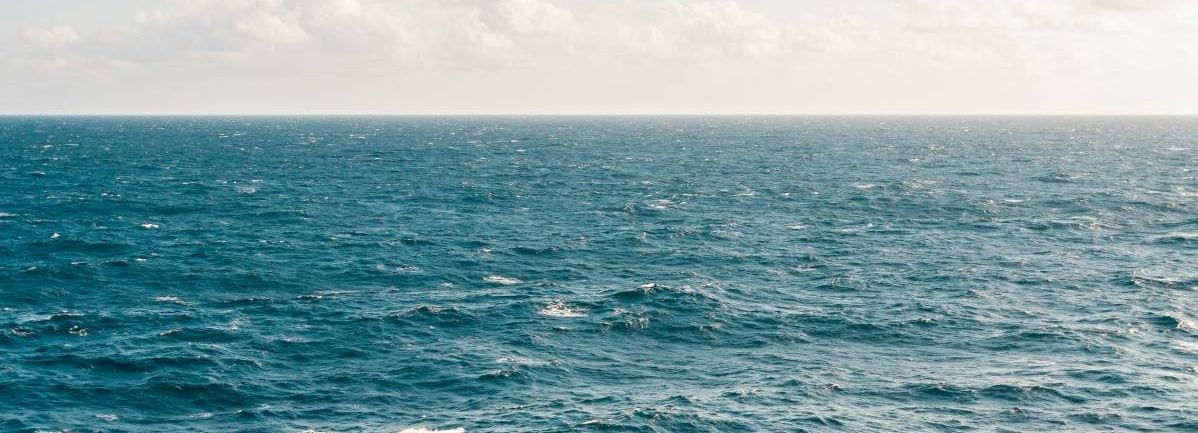 A representative Image of The Atlantic Ocean. Source: Pexels | Kellie Churchman
A representative Image of The Atlantic Ocean. Source: Pexels | Kellie Churchman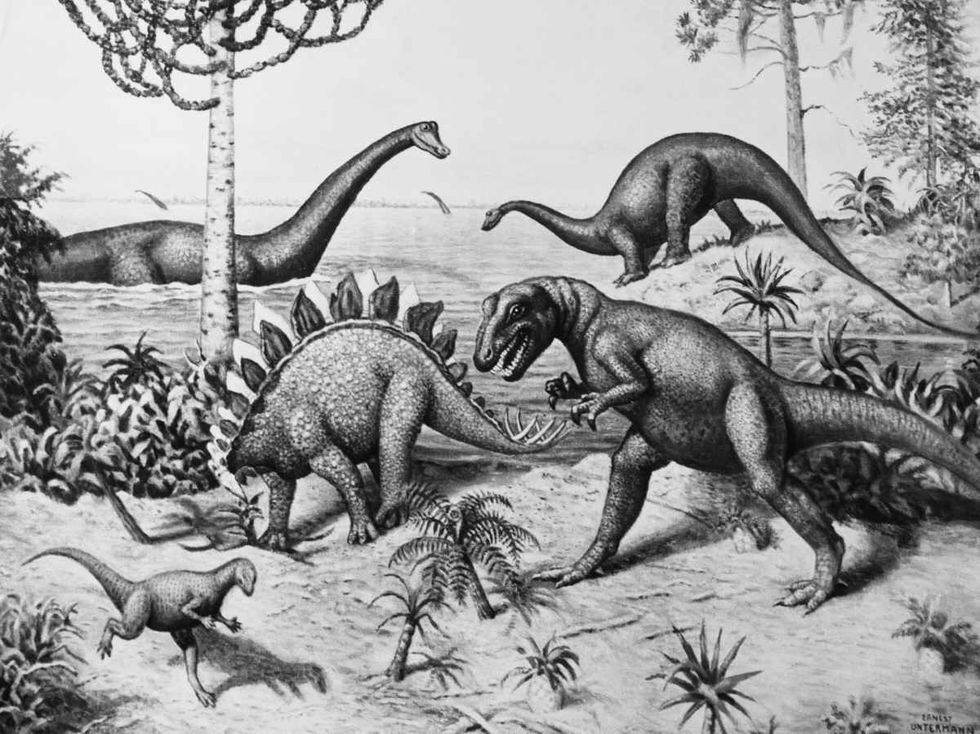 Representative Image Source: Painting from a series by Ernest Untermann in the museum at Dinosaur National Monument, Utah.
Representative Image Source: Painting from a series by Ernest Untermann in the museum at Dinosaur National Monument, Utah.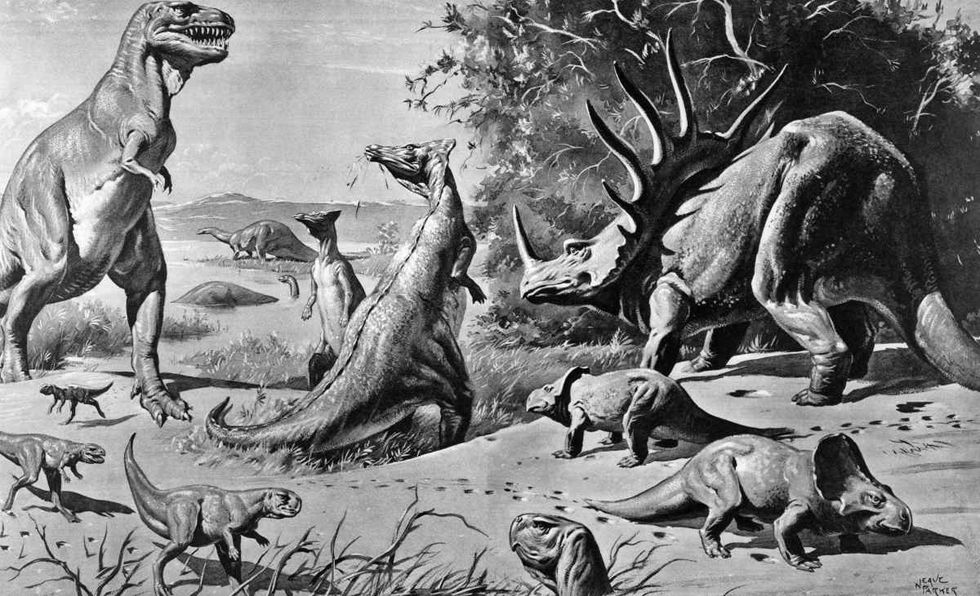 Representative Image Source: VARIOUS DINOSAURS IN GOBI DESERT. Photo by H. Armstrong Roberts/ClassicStock/Getty Images
Representative Image Source: VARIOUS DINOSAURS IN GOBI DESERT. Photo by H. Armstrong Roberts/ClassicStock/Getty Images
President Donald J. Trump and photo of a forest.
Public united and adamantly opposes Trump’s plan to roll back the Roadless Rule
There doesn't seem to be much agreement happening in the U.S. right now. Differing moral belief systems, economic disparity, and political divide have made a country with so many positives sometimes feel a little lost. Everyone desperately seeks a niche, a connection, or a strong sense of community to which they can feel a "part of," rather than just "apart."
But there seems to be one thing that the country strongly unites over, and that's the "Roadless Rule." With the Trump Administration attempting to roll back conservation policies that protect U.S. National Forests, Americans are saying in harmony an emphatic "No." A nonpartisan conservation and advocacy organization, the Center for Western Priorities, reviewed a comment analysis on the subject. After receiving 223,862 submissions, a staggering 99 percent are opposed to the president's plan of repeal.
What is the 'Roadless Rule' policy implemented in 2001?
The Roadless Rule has a direct impact on nearly 60 million acres of national forests and grasslands. According to the U.S. Department of Agriculture, the rule prohibits road construction and timber harvests. Enacted in 2001, it is a conservation rule that protects some of the least developed portions of our forests. It's considered to be one of the most important conservation wins in U.S. history.
America's national forests and grasslands are diverse ecosystems, timeless landscapes, and living treasures. They sustain the country with clean water and the wood products necessary to build our communities. The National Parks protected under their umbrella offer incredible recreational retreats and outdoor adventure.
Why does the administration want to roll it back?
U.S. Secretary of Agriculture Brooke L. Rollins told the Department of Agriculture in a 2025 press release, “We are one step closer to common sense management of our national forest lands. Today marks a critical step forward in President Trump’s commitment to restoring local decision-making to federal land managers to empower them to do what’s necessary to protect America’s forests and communities from devastating destruction from fires." Rollins continued, “This administration is dedicated to removing burdensome, outdated, one-size-fits-all regulations that not only put people and livelihoods at risk but also stifle economic growth in rural America. It is vital that we properly manage our federal lands to create healthy, resilient, and productive forests for generations to come. We look forward to hearing directly from the people and communities we serve as we work together to implement productive and commonsense policy for forest land management.”
Forest Service Chief Tom Schultz explained the Roadless Rule frustrated land management and acts as a challenging barrier to action. It prohibits road construction needed to navigate wildfire suppression and properly maintain the forest. Schultz said, “The forests we know today are not the same as the forests of 2001. They are dangerously overstocked and increasingly threatened by drought, mortality, insect-borne disease, and wildfire. It’s time to return land management decisions where they belong – with local Forest Service experts who best understand their forests and communities."
Why are people adamantly opposed to the proposed rollback?
A 2025 article in Earthjustice, a nonprofit environmental law organization, expressed its concern over the protection of national forests covering 36 states and Puerto Rico. A rescinded rule allows increased logging, extractive development, and oil and gas drilling in previously undisturbed backcountry. Here is what some community leaders had to say about it:
President Gloria Burns, Ketchikan Indian Community, said, "You cannot separate us from the land. We depend on Congress to update the outdated and predatory, antiquated laws that allow other countries and outside sources to extract our resource wealth. This is an attack on Tribes and our people who depend on the land to eat. The federal government must act and provide us the safeguards we need or leave our home roadless. We are not willing to risk the destruction of our homelands when no effort has been made to ensure our future is the one our ancestors envisioned for us. Without our lungs (the Tongass) we cannot breathe life into our future generations.”
Linda Behnken, executive director of the Alaska Longline Fishermen’s Association, stated, "Roadbuilding damaged salmon streams in the past — with 240 miles of salmon habitat still blocked by failed road culverts. The Roadless Rule protects our fishing economy and more than 10,000 jobs provided by commercial fishing in Southeast Alaska.”
The Sierra Club's Forest Campaign Manager Alex Craven seemed quite upset, saying, "The Forest Service followed sound science, economic common sense, and overwhelming public support when they adopted such an important and visionary policy more than 20 years ago. Donald Trump is making it crystal clear he is willing to pollute our clean air and drinking water, destroy prized habitat for species, and even increase the risk of devastating wildfires, if it means padding the bottom lines of timber and mining companies.”
The 2025 recession proposal would apply to nearly 45 million acres of the national forests. With so many people writing in opposition to the consensus, the public has determined they don't want it to happen.
Tongass National Forest is at the center of the Trump administration's intention to roll back the 2001 Roadless Rule. You can watch an Alaska Nature Documentary about the wild salmon of Tongass National Forrest here:
- YouTube www.youtube.com
The simple truth is we elect our public officials to make decisions. The hope is they do this for all of our well-being, although often it seems they do not. Even though we don't have much power to control what government officials do, voicing our opinions strongly enough often forces them to alter their present course of action. With a unanimous public voice saying, "No!" maybe this time they will course correct as the public wishes.